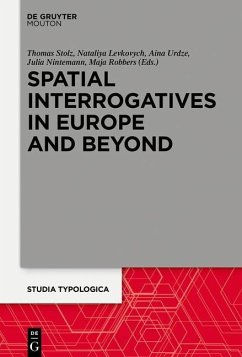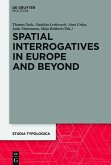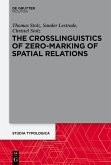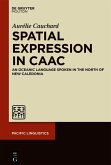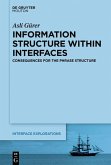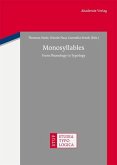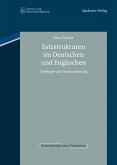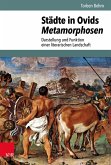The extant generalizations about the grammar of space rely heavily on the analyses of declarative sentences. There is a need to check whether these generalizations also hold in the domain of interrogation. To this end this book analyzes data from some 450 languages (including non-standard varieties). The focus is on paradigms of spatial interrogatives such as English where, whither and whence and their internal organization. These paradigms are checked for recurrent patterns of morphological mismatches (such as syncretism) and different degrees of complexity (e.g. the number of segments). The data-base consists of a large parallel literary corpus (Le petit prince and translations thereof) which is complemented by further sources of information such as descriptive grammars. The data are analyzed from a synchronic perspective. However, diachronic issues are addressed unsystematically, too. It is shown that the distribution of phenomena which characterize paradigms of spatial interrogatives are subject to areal-linguistic factors. This is the first typological study of spatial interrogatives. It provides new insights for students of the grammar of space, morphological paradigms, and language typology.
Dieser Download kann aus rechtlichen Gründen nur mit Rechnungsadresse in A, B, BG, CY, CZ, D, DK, EW, E, FIN, F, GR, HR, H, IRL, I, LT, L, LR, M, NL, PL, P, R, S, SLO, SK ausgeliefert werden.

